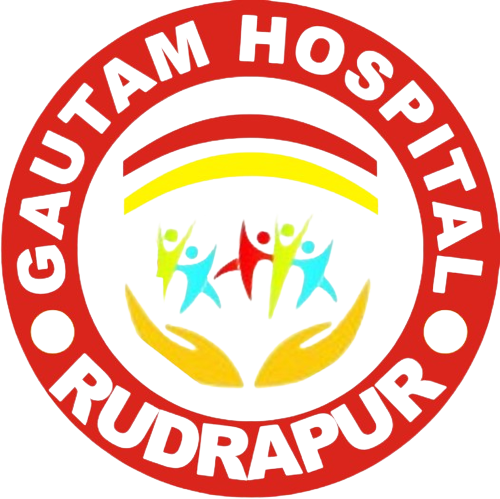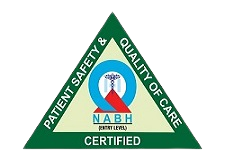
Overview
You must have seen a section in the hospital termed ‘Orthopedics’. It usually has many patients waiting for an appointment because it covers some of the most common issues and problems. From young kids to older adults, all have reasons to get checked up by orthopedic experts.
Everything You Need To Know About General Orthopedics
- General Orthopedics
- Conditions Treated
- Diagnosis Options
- Treatment
- Who Treats
- See a Doctor
- Conclusion
What is General Orthopedics?
General orthopedics is a broad term that deals with problems in the musculoskeletal system. That means it is a branch of medicine that treats issues in your bones and muscles, including injuries and diseases in your nerves, tendons, ligaments and joints.
People of all ages are affected by musculoskeletal disorders and pain, which prevent them from working or enjoying life. The good news is that anybody can benefit from an orthopaedic doctor or surgeon’s skill. As a result, from a toddler with scoliosis to someone who has suffered a catastrophic injury may require the help of general orthopedics.
Conditions treated under General Orthopedics
Since it is a broad field of medicine, the conditions treated under this umbrella are also many. However, some of the most common and frequent issues are listed below.
- Arthritis– Some of the most common forms of arthritis problems include osteoarthritis, rheumatoid arthritis, gout, psoriatic arthritis, septic arthritis, post-traumatic arthritis, and lupus. All these conditions come under the treatment of general orthopedics.
- Bursitis– Another painful condition that affects the joints that come under the category of general orthopedics. Bursitis in the hip, elbow, or shoulder is an inflammation of the fluid-filled sacs between the tendons and muscles or between the bones.
- Fractures and Broken Bones – Orthopedic doctors treat fractures and broken bones that occur due to accidents.
- Polymyositis Degenerative Disorder– An autoimmune disorder that causes muscle degeneration in the shoulders, neck, arms, and hips.
- Tendonitis– A type of tendon inflammation that typically affects the heels, knees, and shoulders.
- Osteoporosis– A disease that causes the weakening or thinning of bones, putting them at a greater risk of breaking.
- Foot Pain and Problems
- Sprains and Strains
- Low Back Pain
- Neck and Shoulder Pain
- Elbow Pain
What are the common Diagnosis Options?
To help figure out the troubling issue, orthopedics usually carry out certain diagnoses.
- Asking about the symptoms and problems
- Go through the medical history of the patient as well as the family
- Conduct a physical examination
- Review recent medical reports
- Imaging tests like MRI and CT for bones and muscles
- Suggesting a bone scan for issues relating to the bones
- Recommending an ultrasound
- Conducting blood tests
Treatment Options
The treatment options for the general orthopedic conditions vary from one condition to another.
- Over the counter medications are mostly suggested for minor or temporary injuries such as aches and pains. The medications are suitable for treating inflammation and swelling too.
- Physiotherapy for better movement of the joints and stiff muscles.
- Acupuncture, an ancient method, is suggested to treat pain and improve overall wellness.
- Injections to lessen pain and other discomfort related to bones and muscles.
- Surgeries are usually the last option to treat any condition under general orthopedics.
Who Treats General Orthopaedic Conditions?
Under the broad umbrella of general orthopedics, there are many specialists. Each specialist deals with certain diseases or body parts. There are some medical professionals who perform some basic orthopedic diagnoses.
- Primary Care Physician
A primary care physician has had specialized education and training in general internal medicine; family practice apart from primary care. People can get yearly physical examinations done other than immunizations. They can also treat you for emergencies related to bones and muscles. Your primary care physician may be able to treat and diagnose your illness. They may also recommend you to a specialist for more expert treatment of specific disease symptoms.
- Surgeon Specializing in Orthopedics
This physician is a specialist in orthopedic surgery. The workings of the musculoskeletal system are taught to orthopaedists. They can detect problems with bones, muscles, joints, tendons, and ligaments. They can also treat an injury, provide rehabilitation, and give advice on how to keep a sick area from getting worse.
- Physical therapy
They are health professionals that focus on the human body’s neuromuscular, musculoskeletal, and cardiopulmonary systems concerning human motion, health, and function.
When to See a Doctor?
If your symptoms do not subside after receiving non-surgical treatment, you should visit your doctor again. Moreover, the doctor may suggest undergoing surgery for severe conditions like arthritis, spine and back issues, or any other injury.
Conclusion
Other doctors and healthcare professionals, such as pain experts, may also be treating general orthopaedic conditions, depending on the situation. Moreover, occupational therapists may be involved in the treatment of rehabilitative conditions. Finally, physical therapists and occupational therapists also frequently work together.

